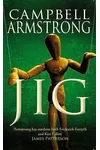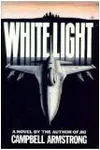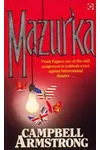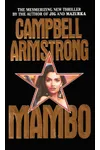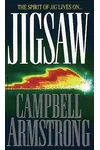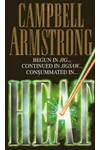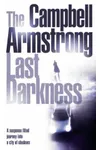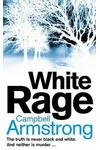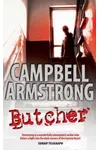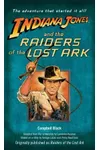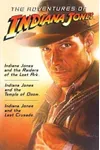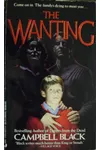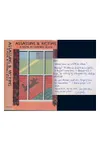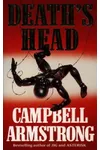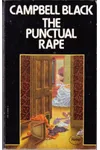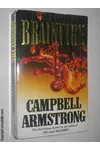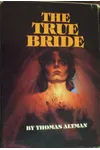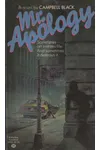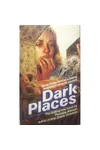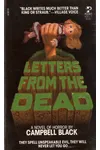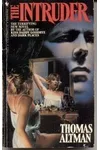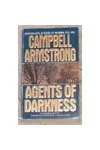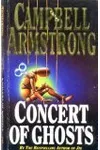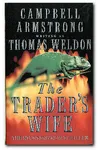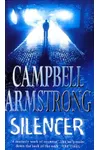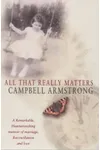Picture a Scottish storyteller who spun tales of espionage and intrigue, keeping readers on the edge of their seats—meet Campbell Armstrong! Born Thomas Campbell Black in 1944, this Glasgow native transformed the thriller genre with his pulse-pounding narratives and complex characters. From the gritty streets of Glasgow to the shadowy world of international espionage, Armstrong’s novels captivated a global audience with their blend of suspense and political depth.
With a knack for crafting stories that felt both cinematic and deeply human, Armstrong left an indelible mark on the thriller world. Whether you’re a fan of high-stakes action or intricate plotting, his work offers a thrilling escape into worlds where danger lurks around every corner. Let’s dive into the life, works, and legacy of this master of suspense!
The Making of Campbell Armstrong
Born in Glasgow, Scotland, on February 25, 1944, Campbell Armstrong grew up in a city rich with history and grit, which later infused his writing with authenticity. He studied philosophy at the University of Sussex, sharpening his ability to explore the moral complexities that would define his thrillers. After graduating, Armstrong moved to the United States, teaching creative writing at universities like the State University of New York at Oswego and Arizona State University. His early career also included a stint as a fiction editor in London, giving him a keen eye for storytelling.
Armstrong’s writing journey began under his birth name, Thomas Campbell Black, with his debut novel Assassins and Victims in 1969, which won a Scottish Arts Council Award. Influenced by literary giants like Kafka and Camus, he wove existential questions into his thrillers, setting the stage for a career that would blend high-octane action with profound insights.
Campbell Armstrong’s Unforgettable Stories
Armstrong’s bibliography is a treasure trove of suspense, with his Frank Pagan series stealing the spotlight. The series kicks off with Jig (1987), where British counterterrorism agent Frank Pagan hunts an IRA assassin across a web of political intrigue. Praised for its breakneck pace and emotional depth, Jig established Armstrong as a thriller heavyweight. Sequels like Mazurka and Heat further showcased his ability to balance action with psychological nuance.
Another gem is his Glasgow quartet, featuring Jewish detective Lou Perlman. Novels like The Last Darkness and White Rage dive into Glasgow’s underbelly, tackling themes of corruption and identity. Armstrong’s standalone works, such as Agents of Darkness (1991), explore global conspiracies with a cinematic flair, while his memoir All That Really Matters (also titled I Hope You Have a Good Life) reveals a tender, personal side, recounting a family tragedy with raw honesty.
Armstrong’s style was distinctive: taut prose, morally gray characters, and plots that mirrored real-world tensions. Whether writing about IRA conflicts or Cold War espionage, he grounded his stories in human struggles, making them resonate across cultures. His work, translated into multiple languages, brought Scottish storytelling to the world stage.
Why Campbell Armstrong Matters
Campbell Armstrong’s impact on the thriller genre lies in his ability to elevate action-packed stories with intellectual depth. His novels didn’t just entertain—they challenged readers to grapple with political and ethical dilemmas. The Frank Pagan series, with its nuanced take on terrorism, remains a touchstone for writers exploring similar themes. His Glasgow novels, meanwhile, gave the city a vivid presence in crime fiction, inspiring authors to root their stories in authentic settings.
Armstrong’s legacy endures through his influence on modern thriller writers and the continued popularity of his books. After his passing in 2013, his stories remain a testament to the power of suspense to illuminate the human condition, ensuring his place in the pantheon of great Scottish authors.
- Born: February 25, 1944, in Glasgow, Scotland
- Key Works: Jig, The Last Darkness, Agents of Darkness, All That Really Matters
- Awards: Scottish Arts Council Awards for Assassins and Victims and The Punctual Rape
- Died: March 1, 2013, in Ireland
Ready for a thrilling ride? Grab Jig or The Last Darkness and dive into Campbell Armstrong’s world of suspense and intrigue!
